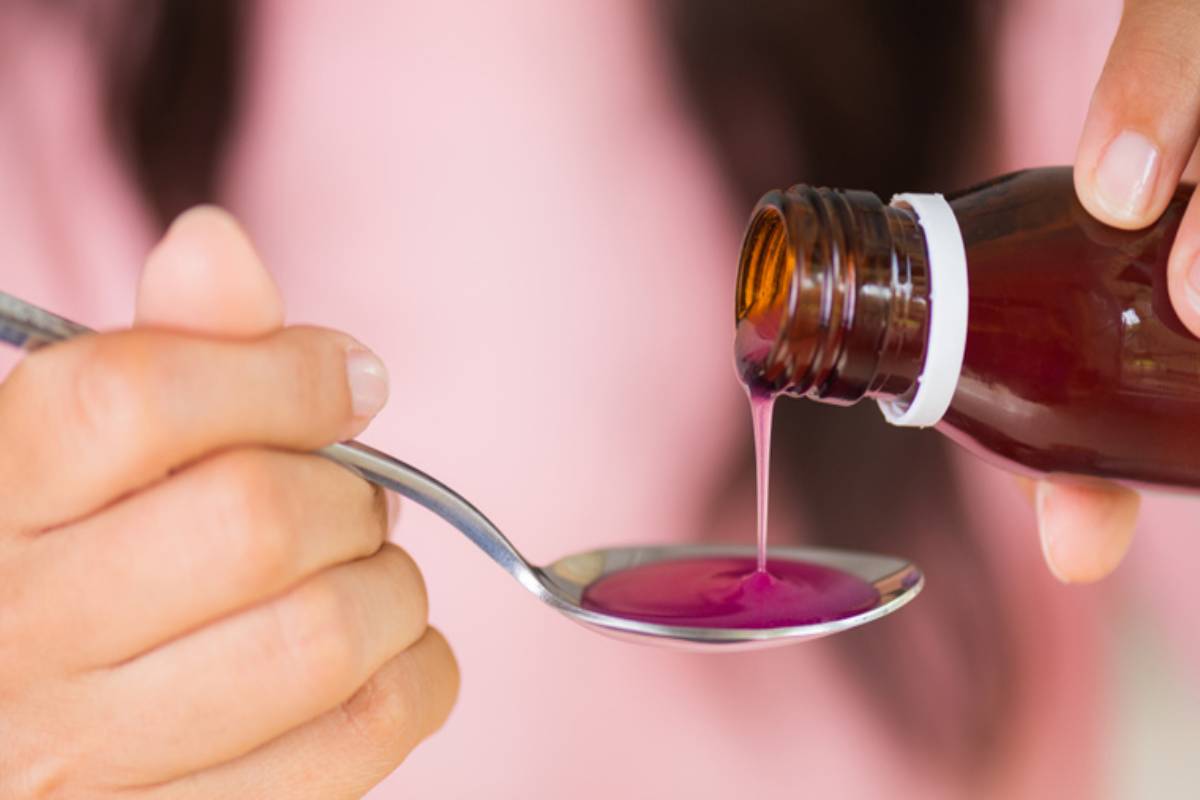The continued focus on cough syrups made in the country and their identification by the World Health Organisation as a cause for death of children in various parts of the world ought to provoke serious introspection. This week, the global health body said that cough syrups made in India and tested in the Marshall Islands and Micronesia were found to contain unacceptable levels of diethylene glycol and ethylene glycol. Both substances are toxic and can prove fatal. They are used in antifreeze and brake fluid, but unscrupulous manufacturers are accused of using them instead of the more expensive glycerine to thicken cough syrups.
The Indian manufacturer claims the product is safe and is widely used in the country. It offers the somewhat specious defence that it never exported the syrup to these countries, but only to Cambodia, and was unaware of how it fetched up in the Marshall Islands and Micronesia. Early this year, the WHO had announced an investigation into cough syrups made by six companies in India and Indonesia which were linked with the deaths of some 300 children in Gambia, Indonesia and Uzbekistan.
Families of the victims in Indonesia have already initiated a class-action lawsuit against government agencies and manufacturers. Twenty-five families have each sought the equivalent of $300,000 from the defendants. The WHO investigation covered several countries where the cough syrups were sold, among them Cambodia, East Timor, Senegal and the Philippines, and called on governments and the global pharmaceutical industry to initiate measures to curb the practice. Indian manufacturers, and there are several of them, accused of selling contaminated cough syrups are either taking refuge behind testing conducted by laboratories in the country, which certify the products as safe or, as one of them did, making the now-familiar claim that the allegations are being made to malign the country’s image. But the deaths of so many children cannot be so easily wished away.
India’s pharmaceutical industry must protect both its reputation as well as its substantial stake in the global market. It can do this only if it displays the ability to subject its products to the most rigid and internationally accepted tests. A failure to do so will impact the marketability in the global market of every Indian drug, not just cough syrups. Waving the flag or claiming that Indian manufacturers are victims of a conspiracy to malign the country will not wash. The charges are serious and have been leveled by a global health organization which India recognizes and is a part of. Lives are at stake, and any compromise will be unacceptable.
The Ministry of Health and the Drugs Controller must initiate immediate ~ and public ~ steps to bring every cough syrup made in the country under the scanner. The authorities must show they take the charges seriously, and are determined to root out any malpractices that may exist. The country’s reputation and its Make in India campaign are at stake










